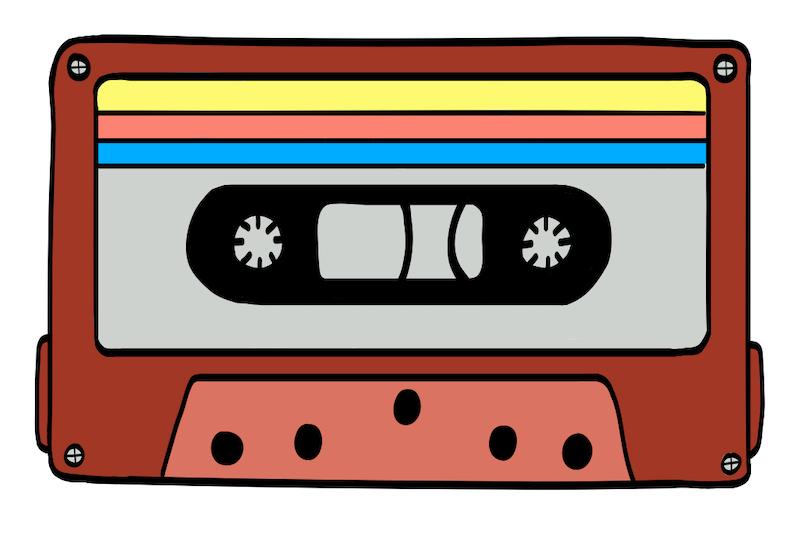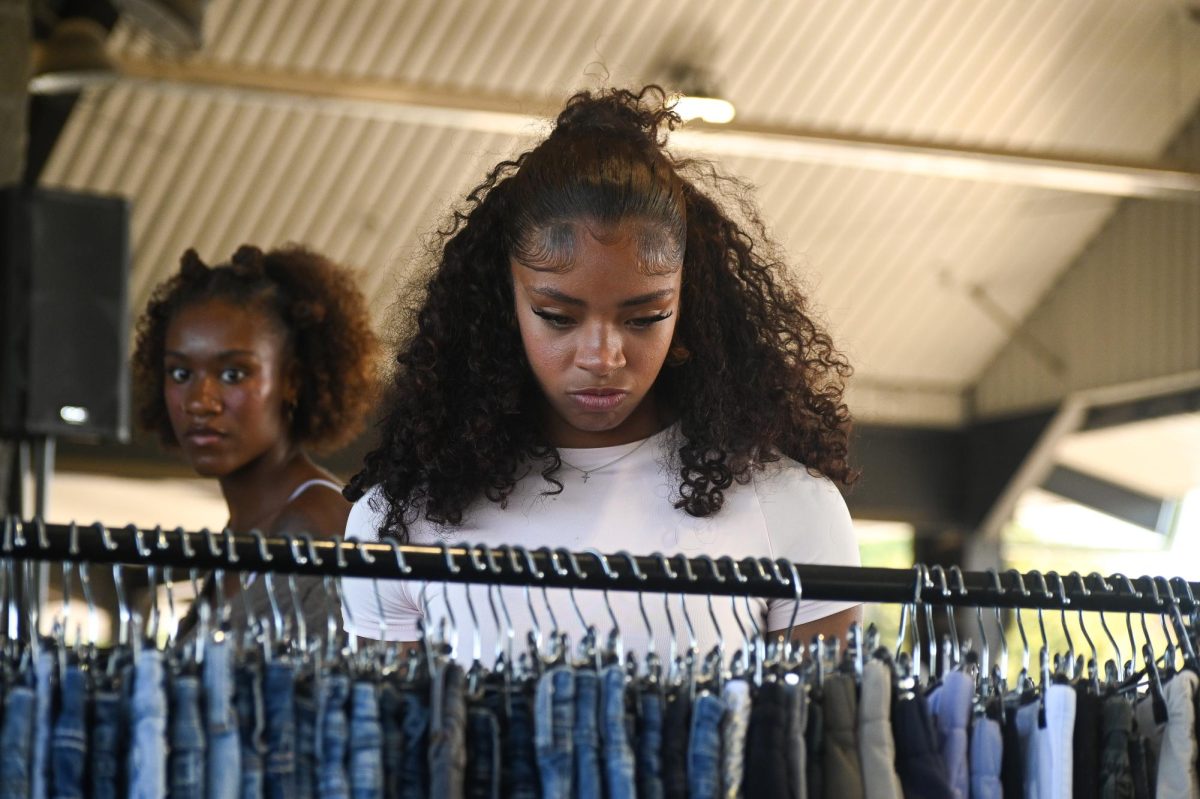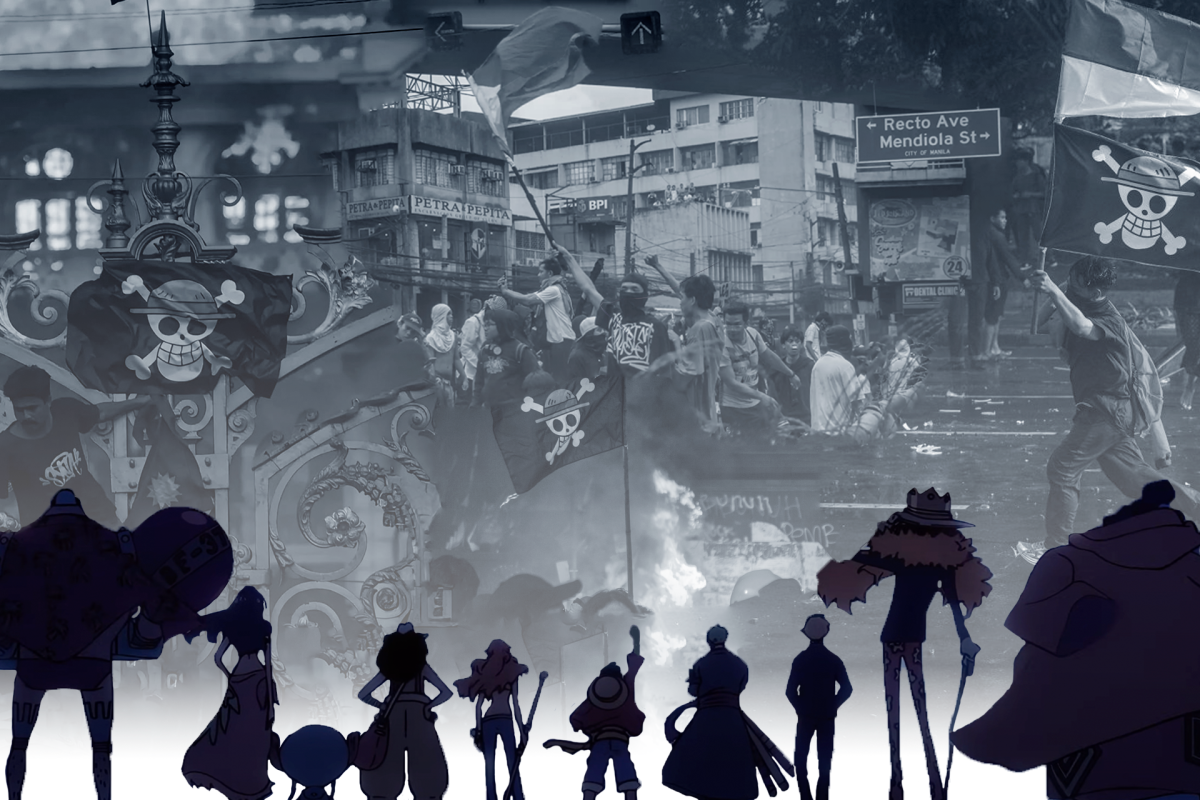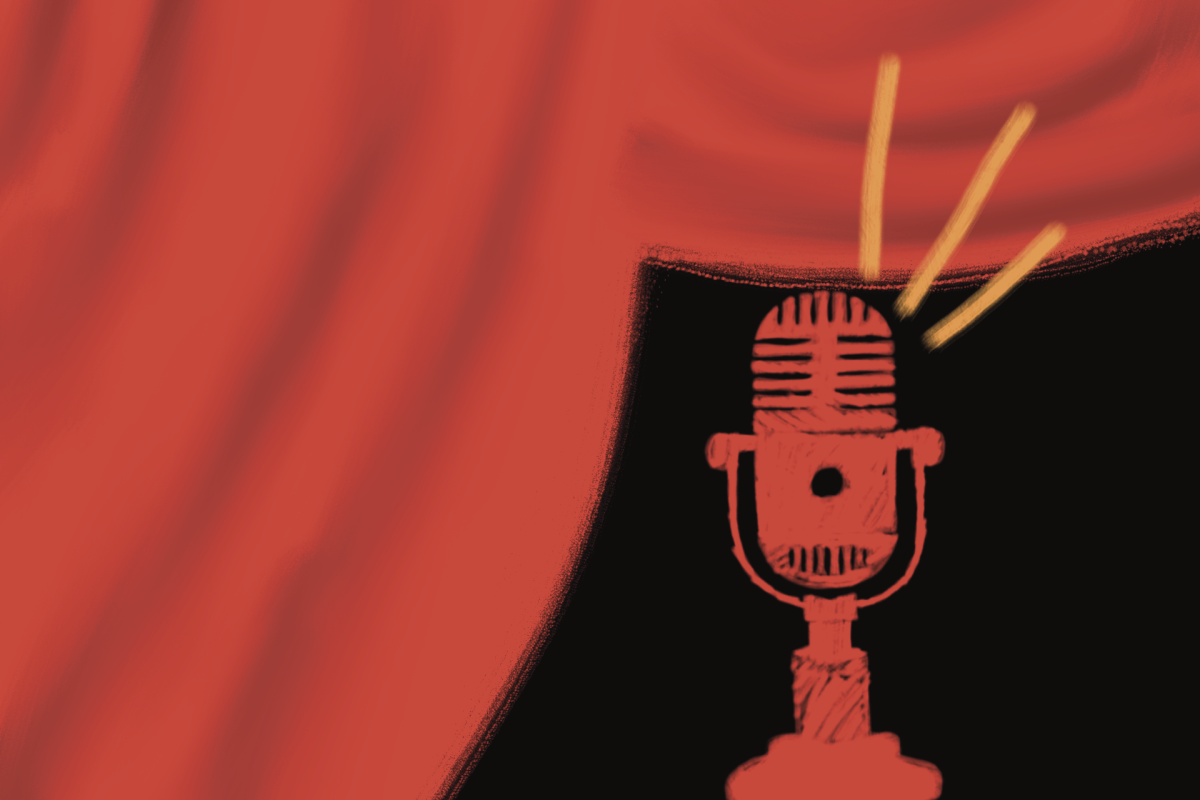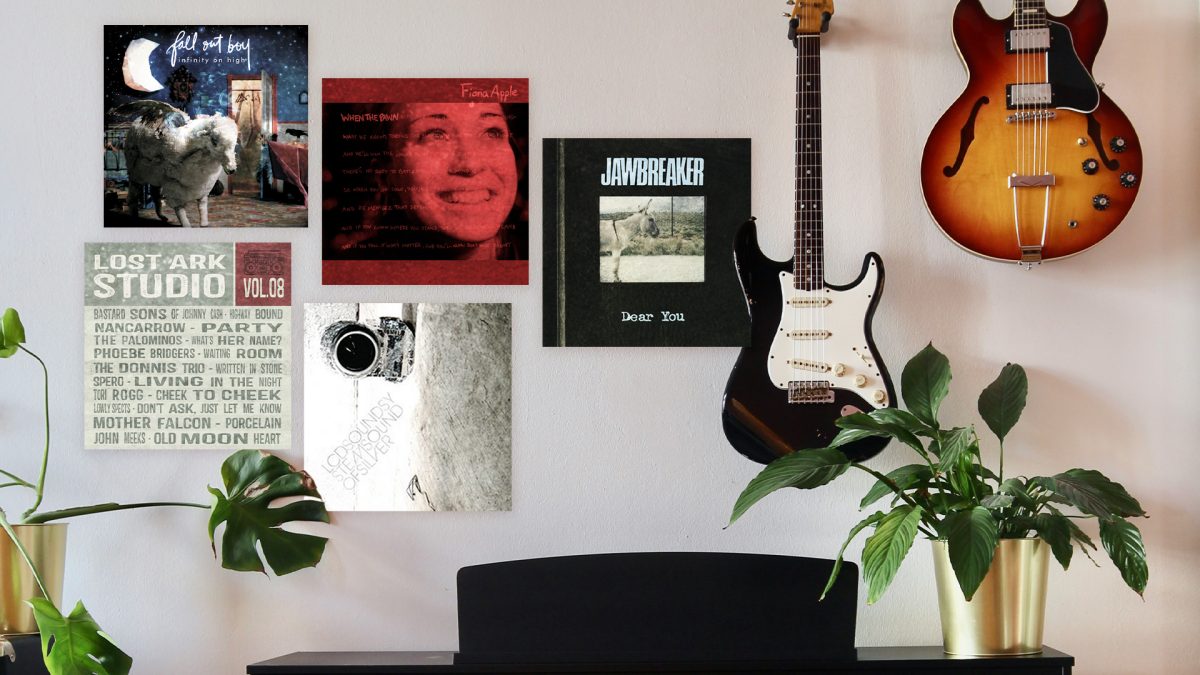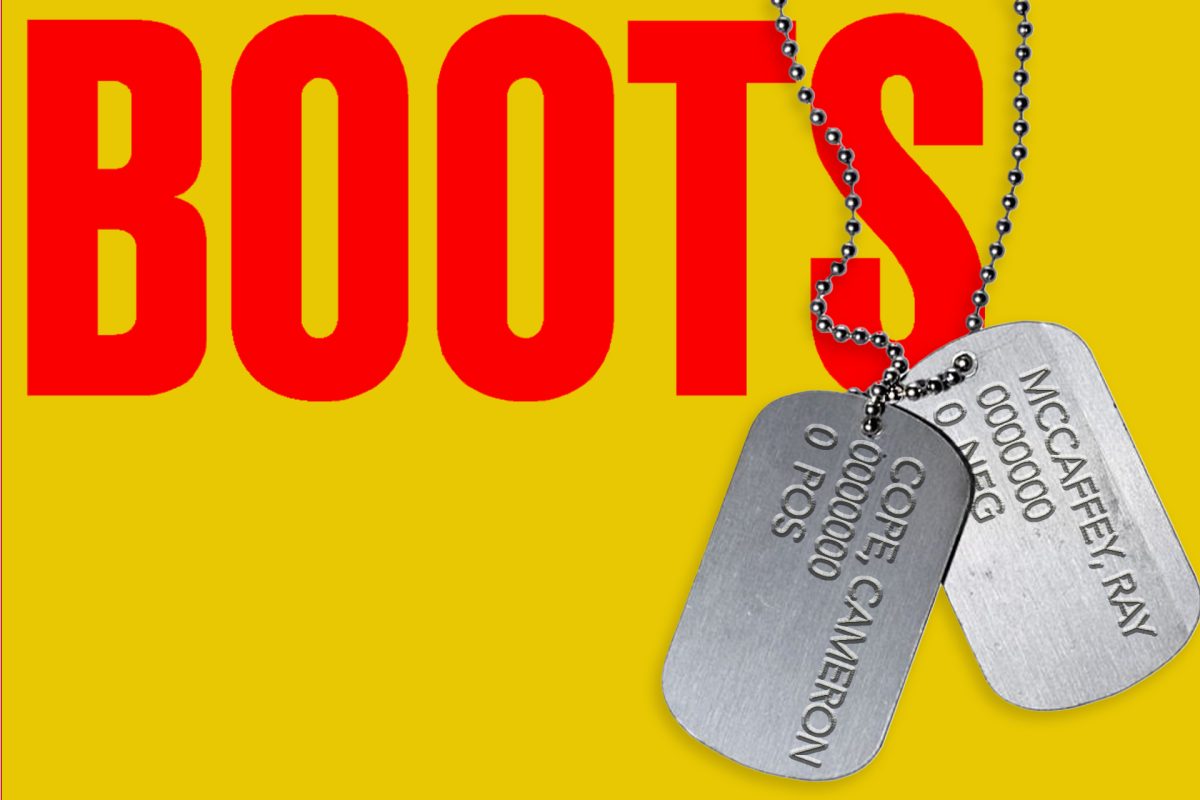Netflix’s new horror show “Archive 81,” which was released Jan. 14, brings a new wave of fans to the story of a curator who gets dragged into a cult-centered mystery. The show is based on a “found footage” podcast by the same name that started in April 2016. The podcast ran for three seasons and had a mini-series called Left of the Dial.
As a long-time fan of the podcast, the show fell a little flat for me in some aspects. I believe adaptations should not be required to directly follow the source material; show runners should be allowed to try new things. However, I feel like many of the changes removed elements that made me fall in love with the story in the first place.
The show follows museum curator Dan Turner (Mamoudou Athie) as he is hired by the mysterious Virgil Davenport (Martin Donovan) to restore a series of video tapes recovered from the burned remains of the Visser Building. Through the tapes, Dan uncovers the mystery of Visser through the camera lens of graduate student Melody Pendras (Dina Shihabi). The show flips back and forth between 1984 and the present as the dark secrets of the Visser and its tenants are revealed.
The show received relatively positive reviews, but even some who liked the show felt disappointed by its ending. The season leaves viewers with a cliffhanger and more questions than answers, although as of now, season two hasn’t been confirmed.
One of the core themes from the podcast is the importance of preserving stories, but the show is more focused on the mystery and cult aspect. The premise of a mystery uncovered through tapes is such a fascinating concept. That the fact that it boils down to the stereotypical “demon worshiping cult in the basement” feels disappointing. Part of what made the podcast so scary was how much of it was left for listeners to imagine. The horror elements were more lovecraftian whereas the adaptation gave away too much and didn’t explain anything.
The visuals of the show were well done, and Athie put on an excellent performance. However, it wasn’t enough to make up for many of the show’s shortcomings, with a lot of important characters feeling very one-note. Athie and Shihabi give amazing performances that keep the audience glued to the screen. They are able to show a lot about their characters with just their expressions and tone. Though we spend a lot of time with characters such as Melanie and Dan, the audience doesn’t get to know them in depth, and it affects their ability to connect with and engage with the characters.
The Netflix adaptation tried to be creative in a lot of its aspects, but at points felt like it was throwing ideas at the wall and not everything stuck, leaving it feeling a bit bloated. It threw out ideas that never went anywhere, and there were so many characters it was overwhelming to keep track of.
The show does try to spend a healthy amount with all of its characters, including its large supporting cast, but the main place it feels the most noticeable is in the villains department. In the podcast, Davenport was the kind of character you loved to hate. He was a self-centered jerk, but was also unnervingly charming. Every time he restricted Dan’s investigations, he did it in such a comically evil way that listeners couldn’t help but keep following along. Though you get some aspects of that in the show, he feels largely watered down. He only appears in a few quick scenes and achieves relatively few lasting actions or impressions on the audience.
Netflix’s “Archive 81” is a show with a lot of potential. The mysteries and buildup help to cloud the show with suspense to keep the viewer entertained, even in its slow moments. There is a somber and scary feeling you get watching Melanie try to unfold the mystery, given what the viewer has been told about how her story ends. The characters felt under-developed and the plot feels both too full and too empty at the same time. There are still many unanswered questions left from the show for it to build off of. Despite all that, I was still relatively pleased with how it came out. I hope this paves the way for more podcasts to move into TV and streaming.
Edited by Shannon Worley, [email protected]


